Sessions / Zoom 10

Utilizing Free Online Tools to Teach Vocabulary #856
This presentation will briefly introduce four open-source, corpus-derived high frequency vocabulary word lists that the presenter helped to create (the NGSL for core general vocabulary, the NAWL for important academic vocabulary, the BSL for general business English, the TSL for TOEIC test preparation and the NDL for children's English), as well as demonstrate a large and growing number of free online tools and resources for helping to utilize these lists for teaching, learning, materials creation as well as research and analysis. The tools include interactive flashcards, diagnostic tests, games, vocabulary profiling apps, text creation tools, and more.
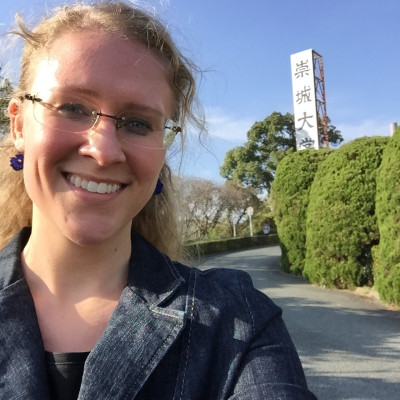

H5P Tasks for Communicative Language Practice #860
H5P is a plugin for Moodle and other websites that enables teachers to create interactive content including slideshows, interactive videos, games, branching scenarios, quizzes, and much more. In this workshop attendees will first be introduced to a range of H5P content as they were designed to facilitate a communicative English course. Applications and limitations of H5P to enhance existing classroom activities such as information-gaps and dictations will be demonstrated, as will a handful of entirely new language learning tasks made possible through H5P. Attendees will have the chance to build content in a dedicated Moodle course.

Building an Effective, Free Language Lab #863
Pronunciation practice, listening to different speakers, answering questions... All things you would love for your students to be able do in the language lab. But, do you have the time, the budget, and can you find the right software? What if you could do it all for free, with equipment that you already have lying around, and, after the initial set up time, the class took care of itself? Over the past years I've created my own curriculum out of spare parts, using G Suite tools for voice recognition, Forms-based grading and more. I'll teach you how to do it.



Inspiring Students to Use Their Voices #782
Promotional Visit the Kinseido Publishing Co., Ltd. pageIt has always been challenging for teachers of current topics to find materials that not only build students’ fluency, but develop their critical thinking skills and motivate them to explore a range of today’s global issues. Inspiring Voices does all three, inviting students to share the dreams of 15 creative problem-solvers from Japan and around the world. Its chapters feature background readings, NHK Direct Talk video interviews, and scaffolded activities that culminate in communicative mini-projects.

Developing PD Communities Through Peer Mentoring #454
This session will introduce the successful approach towards peer mentoring that English teaching colleagues in RMIT Vietnam use to support, motivate, and encourage each other. The establishment of this program has resulted in a marked improvement in mentoring and has ensured a community of continual improvement and professional development. Attendees will gain an understanding of how to establish their own peer mentoring program to encourage reciprocal professional development.
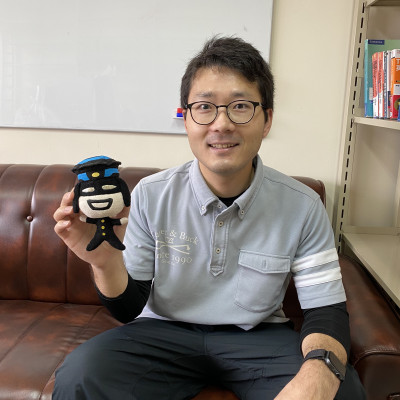



Expanding Accessibility in Learning Communities #256
Learning communities are becoming important as learner needs become more diverse. Learners with disabilities are one example where learning communities are underrepresented. The 2016 Act for Eliminating Discrimination against Persons with Disabilities reemphasizes learning capacity for those with special needs. This change raises the question: how can learning communities be formed to expand accessibility to language learning? This session will engage in discussions regarding learning and professional communities, diversity and accessibility in language learning.

How Do Teachers Teach Listening at Universities? #559
Teachers often perceive that their teaching of listening is effective (Graham, 2018). However, research shows what teachers’ perceptions differ from their practices. This presentation outlines fifteen teachers’ perceptions on teaching pre-/while-/post-listening stages at a pre-sessional university EAP course in New Zealand. Survey results show teachers are confident teaching pre-listening tasks but use only comprehension tasks in while-listening and post-listening. I will outline process-oriented teaching methods that could attend to learners’ real-time listening difficulties.

Creating Teaching Communities in Higher Education #437
In Japan, there are many higher education institutions with numerous language teachers working under diverse employment conditions. For effective language education, it is important that an inclusive community of motivated teachers is created. In this workshop, the presenter will explain how one university works towards this goal through such initiatives as peer mentoring, online training videos, peer workshops, and voluntary contact persons. Participants will be invited to share their own experiences of developing teaching communities.
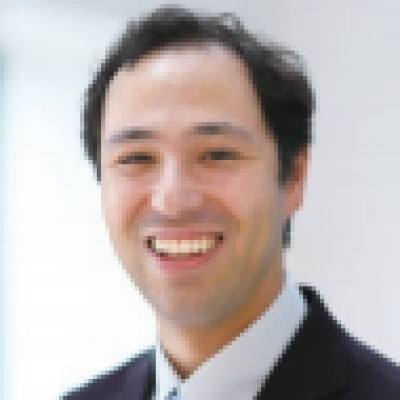
Comics and EFL: Using Visual Culture in Classrooms #424
The comic book industry is popular worldwide. This presentation looks at the usefulness of comics as an important learning resource in the EFL classroom, as well as giving an overview of the comic book industry, and the different uses of visual culture in language learning. This presentation introduces different classroom activities involving the use of comics. Finally, these classroom activities are followed by reflection concerning the utility of comics in EFL classrooms.

Leadership Style Preferences for SALCs in Japan #580
This presentation reports the findings of a research project done for the researcher’s Ph.D. program in Leadership with English content that was completed in the spring of 2020. The research investigated the leadership style preferences for workers at self-access learning centers at universities and colleges throughout Japan. The presentation will examine the results of the data collection and subsequent testing, as well as potential implications for future research.
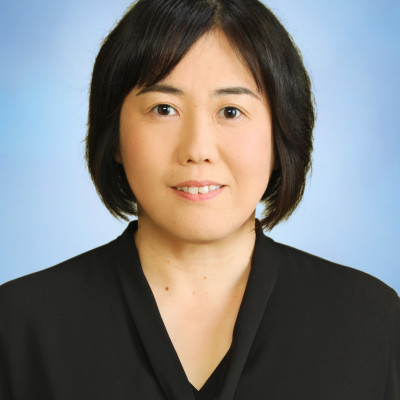
English as an Official Corporate Language in Japan #699
This research draws on accounts from seven employees working at Japan-based companies that have adopted English as an official corporate language (EOCL), this study demonstrates the gap between the in-house language policies and the participants’ own Japanese-dominated workplace communication. The study also reports employees are nonetheless encouraged to sit for the TOEIC regularly. The study concludes by arguing that EOCL policies can operate as an ideological mechanism that drives employees to study English for self-development.
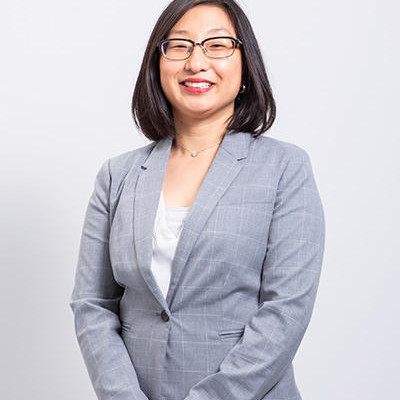
Student Experiences in a Language Table Community #757
This presentation describes first-year university students’ (n = 89) experiences in a new language table community in Japan. Students were assigned to attend an English language table session for at least 30 minutes per quarter. Their 300-word post-visit reports were analyzed and coded for common themes. The results show that the assignment worked as an introduction to language tables, the community, using English in non-classroom settings, and built positive affective feelings.
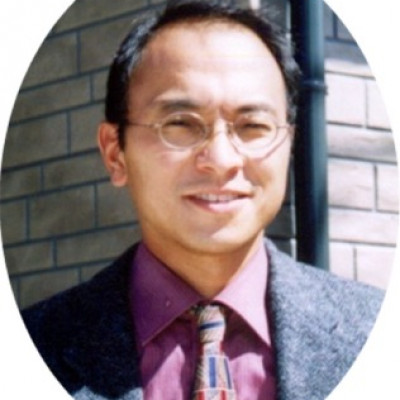
Translation in the Classroom: Revival and Survival #727
In the last few decades, translation seems to have been revived and its proper place reinstated (Cook, 2010; Vermes, 2010; Carreres & Noriega-Sánchez, 2011; Colinas, 2014; Gutiérrez, 2018). In this presentation, the author proposes to examine the nature and purpose of translation in foreign and second language learning and share some examples of how it can be used in college English classes in Japan.

How to Make Evaluative Questions More Critical #714
This study focuses on evaluative questions and how they can be modified to critical reading questions. It proposes that the eight elements of thought be used as the essential dimensions of questions to be explored and suggests that learners relate their answers not just to the self but to the real world as well to take more responsibility for their answers. Learners' sample answers are provided to demonstrate the validity of this approach.

Teaching the Why of English Oral and Aural Skills #485
Language learning is a wonderful thing to undertake, but there is always a struggle when it comes to output. While there is a school of thought that says we should preserve the unique accents non-native speakers have, there still is a desire among some to have more of a "native" pronunciation. This presentation will look at ways in which you can help the Japanese English learner better understand why listening/speaking is a challenge for them.

Transforming Pronunciation with Haptic Touch #426
This pronunciation workshop is designed to let teachers retake ownership of the classroom pedagogy when it comes to pronunciation at the phonemic level. Teachers will learn haptic pronunciation techniques, and by the end of the workshop will be able to convey mastery of the North American /th/, /f/, /v/, /l/, /n/ and /r/ to students, who will gain autonomy over their own pronunciation proficiency and awareness of where their current pronunciation problems lay.

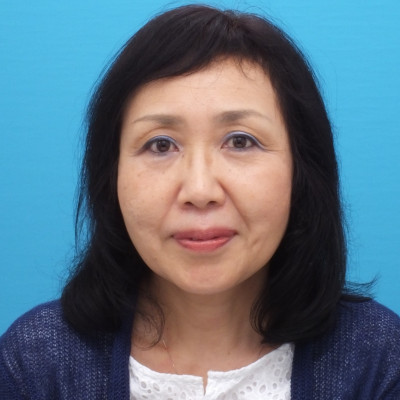
The Acquisition of Suprasegmentals in L2 English #751
The present study examines how college-level Japanese students acquire suprasegmental features of English pronunciation through explicit instruction. The suprasegmental differences between English and Japanese such as syllable structures and rhythmic differences were explicitly taught to students, and then the students learned to reduce sounds and control syllable duration at the word, phrase, and sentence levels. They also learned to produce assimilated and linked sounds to further improve their intelligibility.
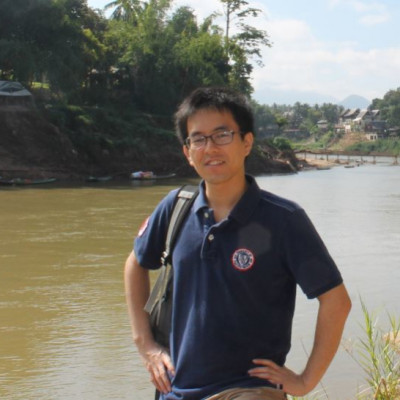
Effects of Listener Background on Intelligibility #772
The presenter reports how listener’s background differences influence intelligibility and comprehensibility of Japanese learners of English. Specifically, he presents the association between the two dimensions of speech understanding (intelligibility and comprehensibility) and three listener factors (listeners’ first language, familiarity with English spoken by Japanese people, and listeners’ English level).
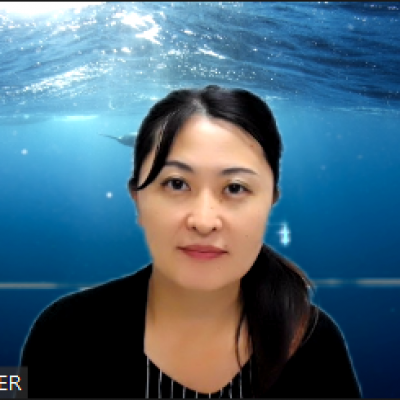
Asian Students' Needs in Exchange Study Abroad #598
This mixed-method study of Asian exchange students reveals linguistic and academic needs of study abroad returnees, and the importance of forming learning communities during study abroad. 42 students from 10 different countries participated in the needs analysis survey, of which 24 were also interviewed. Results exemplify their study abroad success stories as well as difficulties they faced, which will be of interest not only to students but also to EMI and EAP educators.
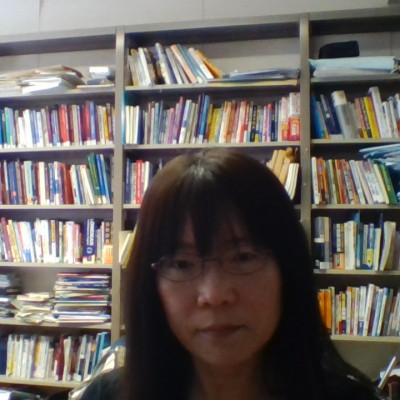
Study Abroad and Long-Term Change in L2 Motivation #655
This study will examine the impact of study abroad experiences on Japanese university students' long-term L2 motivation. Two groups of students will participate in the study: students in three-week programs and those in six-month or longer programs. They will complete a questionnaire and have follow-up interviews five times: before their departure, upon their return, 5 months later, 10 months later, and upon graduation. Following the presentation of the results, pedagogical implications will be discussed.

A Phonological Syllabus for Japanese Students #709
This presentation outlines an action research project based on a phonological syllabus targeting Japanese first-year junior high school students. The syllabus provided explicit pronunciation instruction, phonological awareness activities, and bottom-up listening activities. Effectiveness of the syllabus was assessed quantitatively. After three months, the participants performed better in the syllable counting task, improved in pronouncing some consonants, and low achievers made more progress than high achievers.
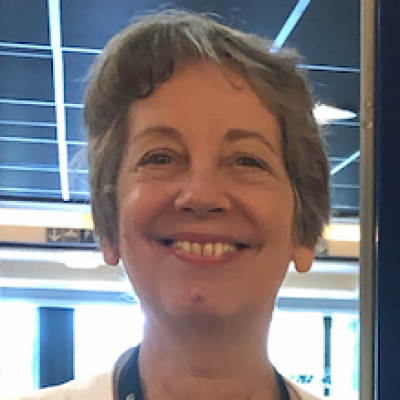
Research-Based Pronunciation Teaching: How and Why #368
This workshop focuses on five pedagogical responsibilities of all pronunciation teachers: (1) selecting the pronunciation features to be taught; (2) implementing a pronunciation diagnostic; (3) teaching age-appropriate knowledge about phonetics, including phonetic symbols; (4) using pronunciation activities throughout all language classes; and (5) supporting learners’ pronunciation strategies and skills outside of class. The presenter will summarize current research and suggest ways to fulfill each responsibility efficiently and confidently. Participants will share challenges in pronunciation teaching.

Vocabulary Learning and Evaluation in CLIL Courses #489
The workshop looks at the influence of content and language integrated learning (CLIL) lessons on Japanese EFL learners’ vocabulary learning processes and explores ways to evaluate their understanding. Students write varying “incorrect” answers on tests in CLIL courses through which it can be evidenced that they are in the process of figuring out the precise L1 counterparts. The speaker aims to present possible ways to evaluate these answers and support students in their understanding.